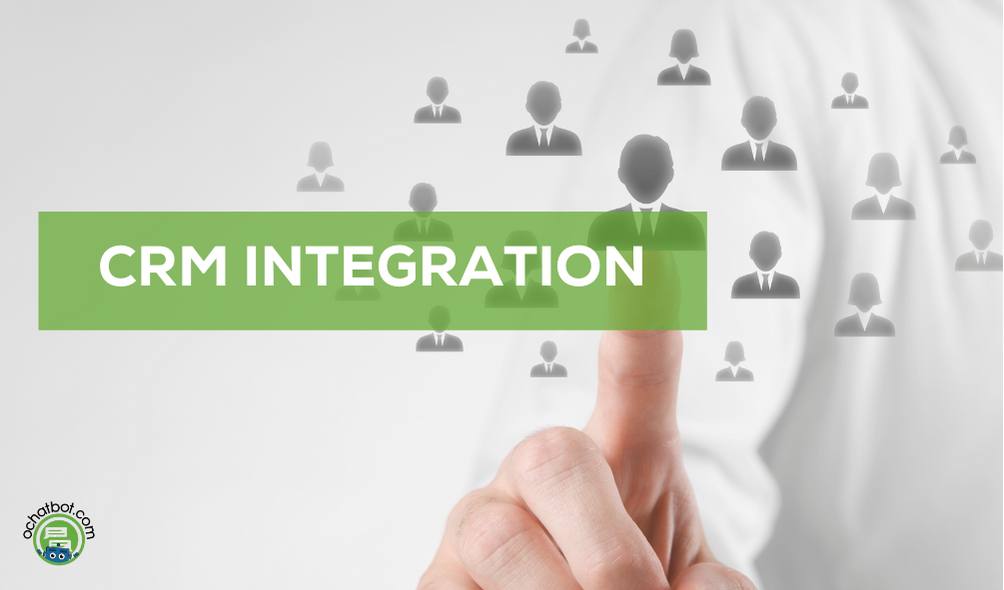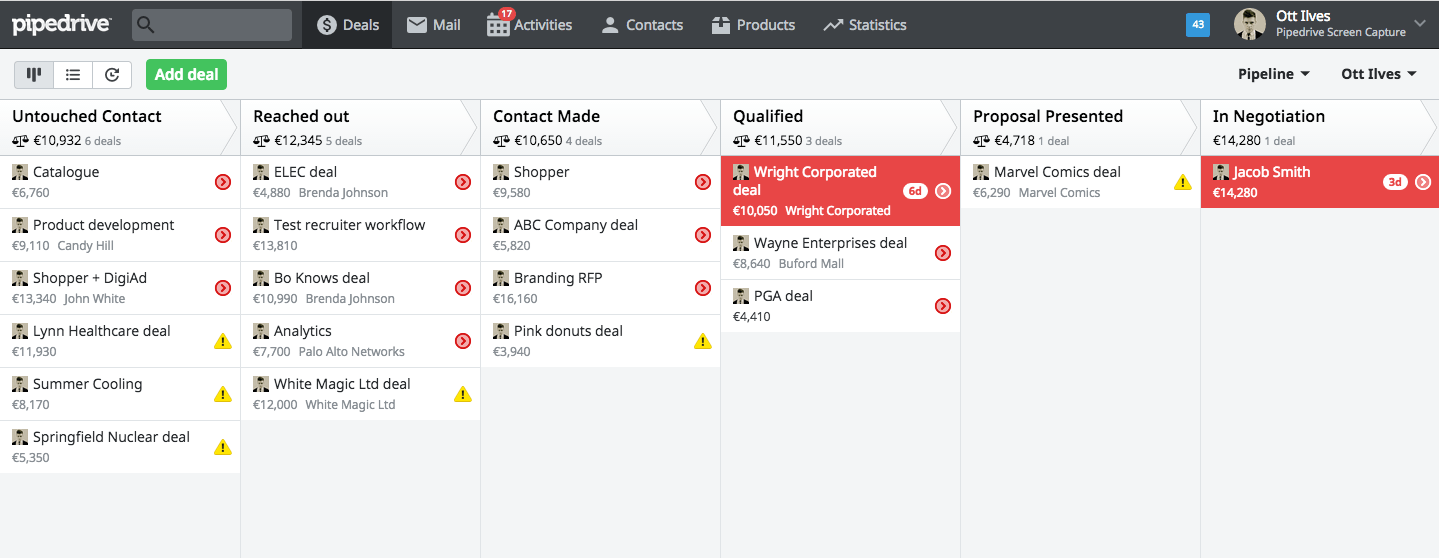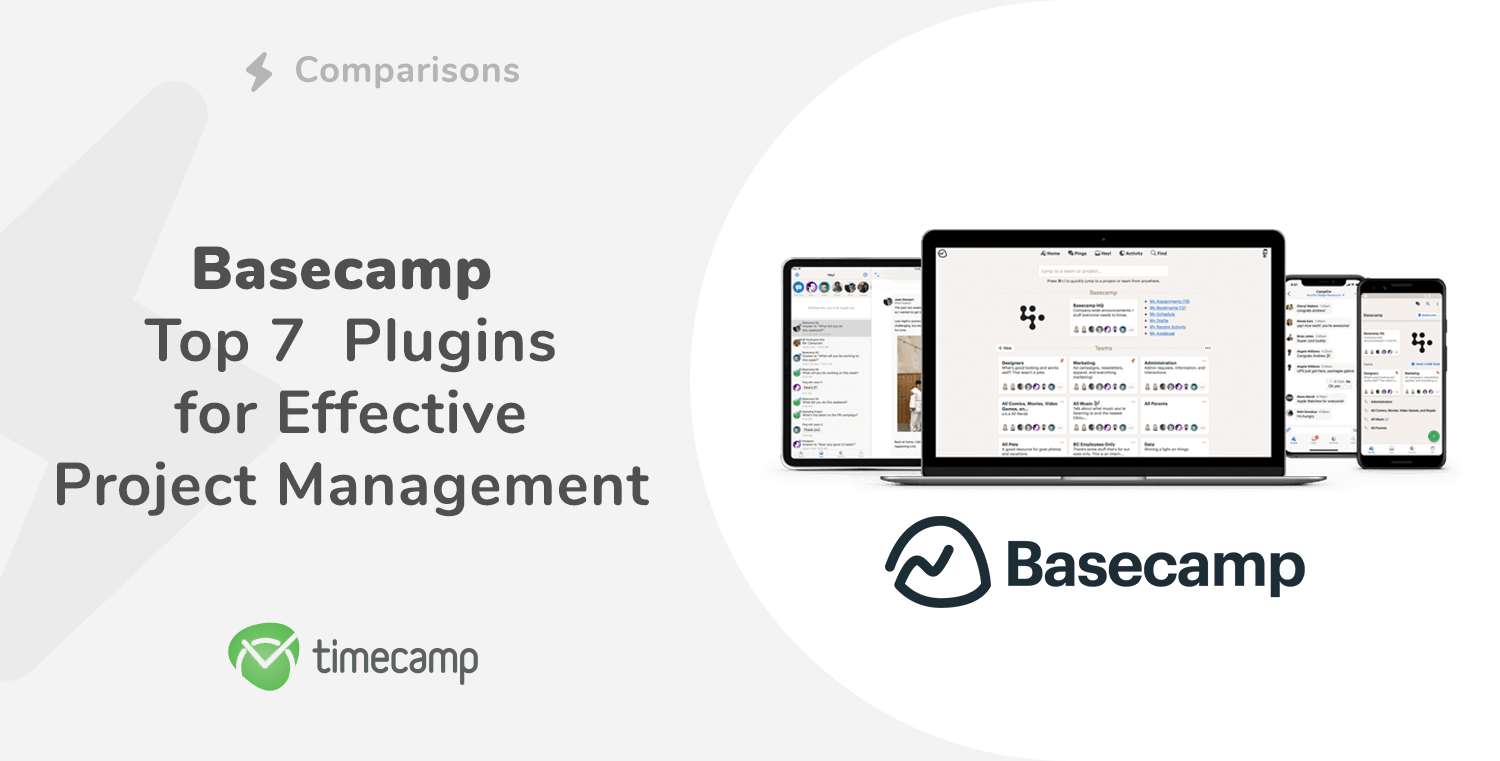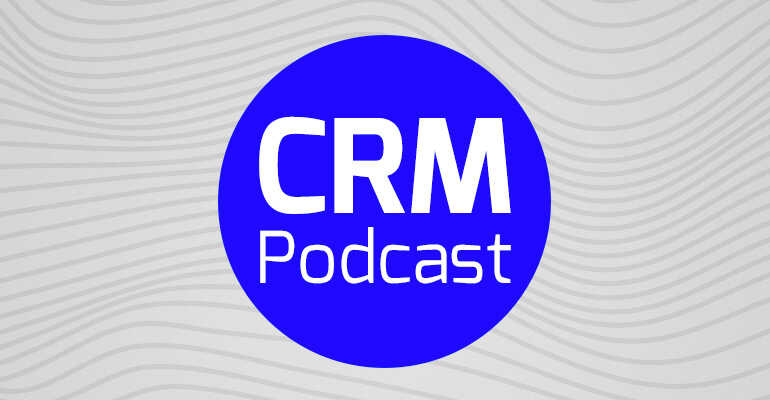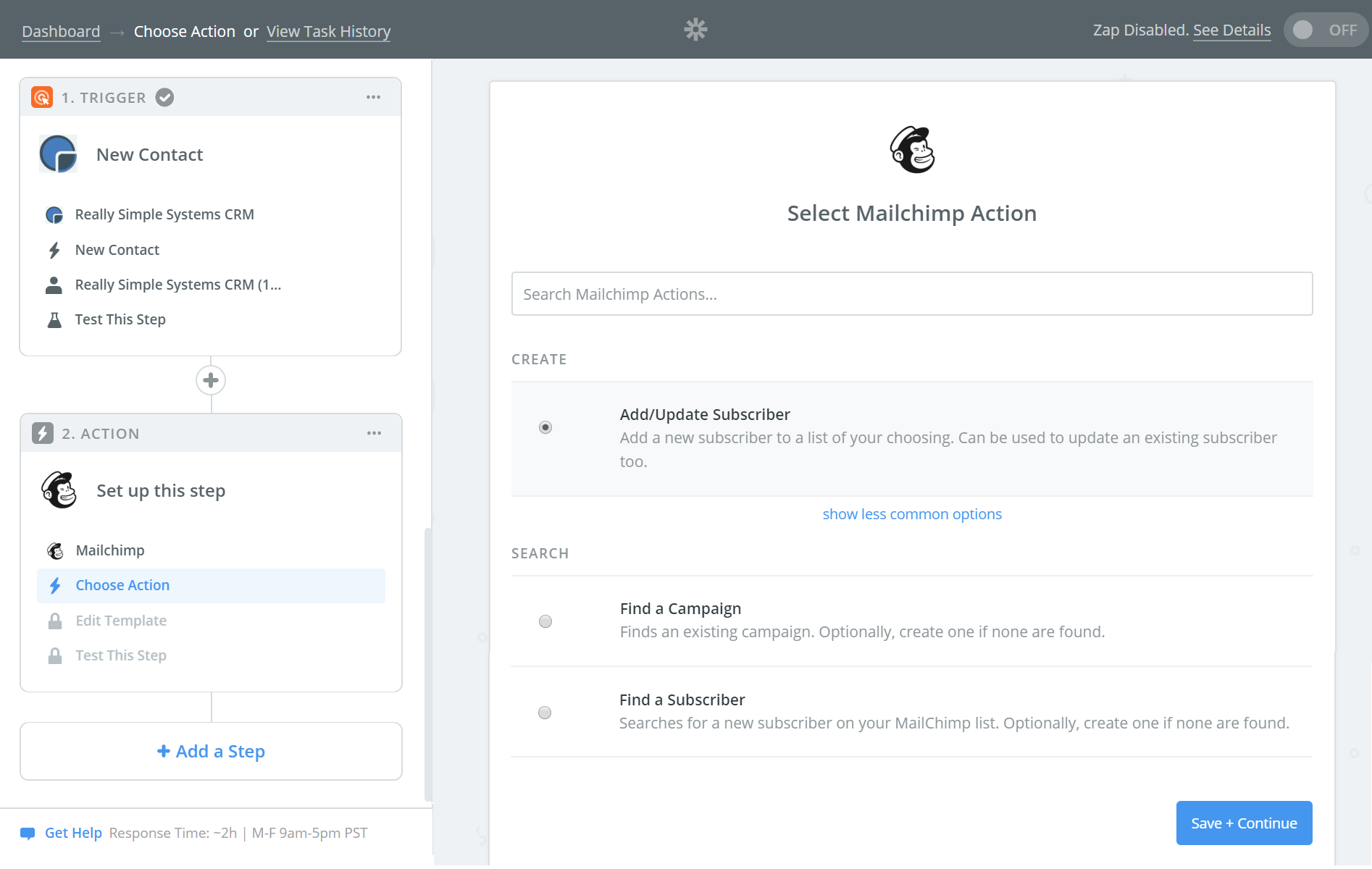Unlocking Growth: Mastering CRM, Referral Marketing, and the Synergy Within
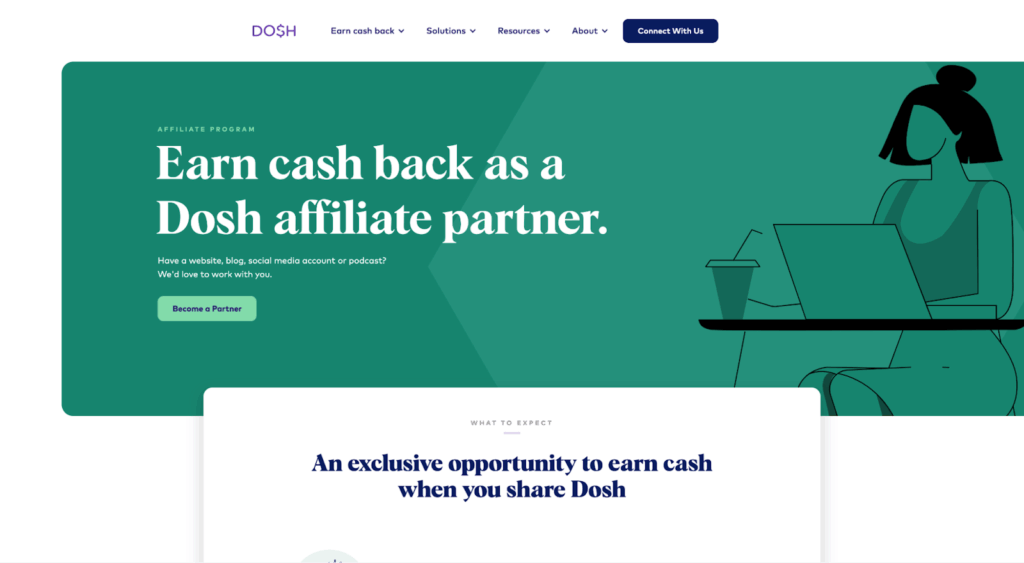
Unlocking Growth: Mastering CRM, Referral Marketing, and the Synergy Within
In the ever-evolving landscape of business, staying ahead requires more than just a good product or service. It demands a deep understanding of your customers, a strategic approach to nurturing relationships, and the power of word-of-mouth marketing. This article delves into the interconnected worlds of Customer Relationship Management (CRM), Referral Marketing, and how they can synergistically propel your business to new heights. We’ll explore the intricacies of each, providing actionable insights and real-world examples to help you craft a winning strategy.
Understanding the Pillars of Growth: CRM and Referral Marketing
Customer Relationship Management (CRM): The Foundation of Customer-Centricity
At its core, CRM is a philosophy, a strategy, and a technology. It’s about putting the customer at the center of your business. It’s about understanding their needs, preferences, and behaviors to build lasting relationships. A robust CRM system acts as the central nervous system of your business, collecting and organizing customer data, enabling you to personalize interactions and deliver exceptional experiences.
Think of it this way: Imagine trying to manage hundreds, or even thousands, of individual relationships without a system to keep track. It would be chaotic, inefficient, and ultimately, a recipe for lost opportunities. A CRM system solves this problem by providing a centralized hub for all customer-related information, including:
- Contact Information: Names, addresses, phone numbers, email addresses, and social media profiles.
- Interaction History: Records of every interaction, from initial inquiries to support tickets and sales calls.
- Purchase History: Details of past purchases, including products or services purchased, dates, and amounts spent.
- Preferences and Demographics: Information about customer preferences, interests, and demographic data.
- Marketing Automation: Tools to automate marketing campaigns, personalize email communications, and track campaign performance.
The benefits of implementing a CRM system are numerous and far-reaching:
- Improved Customer Satisfaction: By understanding your customers better, you can tailor your interactions to meet their specific needs and preferences, leading to higher satisfaction levels.
- Increased Sales and Revenue: CRM systems enable you to identify and nurture leads, personalize sales efforts, and close deals more efficiently, ultimately boosting sales and revenue.
- Enhanced Efficiency: By automating tasks and streamlining processes, CRM systems free up your team to focus on more strategic initiatives.
- Better Decision-Making: CRM systems provide valuable data and insights that can inform your decision-making processes, helping you to make more informed choices about product development, marketing campaigns, and customer service strategies.
- Stronger Customer Loyalty: By building stronger relationships with your customers, you can foster greater loyalty and reduce customer churn.
Choosing the right CRM system for your business is crucial. Consider your specific needs, budget, and technical capabilities when evaluating different options. Popular CRM platforms include Salesforce, HubSpot CRM, Zoho CRM, and Microsoft Dynamics 365.
Referral Marketing: The Power of Word-of-Mouth
Referral marketing leverages the power of your existing customers to acquire new ones. It’s based on the simple principle that people trust recommendations from people they know and respect. When a satisfied customer refers your business to a friend or colleague, it’s a powerful endorsement that can significantly impact your growth.
Referral programs can take many forms, but they all share a common goal: to incentivize customers to spread the word about your business. Common referral program structures include:
- Referral Rewards: Offering rewards to both the referrer and the referred customer. These rewards can be discounts, free products, or other incentives.
- Tiered Referral Programs: Rewarding referrers based on the number of successful referrals they generate.
- Contests and Challenges: Running contests or challenges to encourage referrals, such as offering a grand prize to the customer who refers the most new customers.
- Advocate Programs: Identifying and engaging with your most loyal customers, providing them with exclusive benefits and opportunities to promote your brand.
The benefits of referral marketing are numerous and compelling:
- Cost-Effectiveness: Referral marketing is often more cost-effective than traditional marketing methods, as you’re primarily relying on word-of-mouth.
- High Conversion Rates: Referrals often have higher conversion rates than other leads, as they come from trusted sources.
- Increased Customer Lifetime Value: Referred customers tend to be more loyal and have a higher lifetime value.
- Improved Brand Awareness: Referral programs can help to increase brand awareness and generate positive buzz.
- Enhanced Customer Loyalty: Referral programs can strengthen customer relationships and encourage repeat business.
Implementing a successful referral program requires careful planning and execution. Consider the following key elements:
- Identify Your Target Audience: Determine who your ideal customers are and tailor your referral program to attract them.
- Choose the Right Incentives: Offer rewards that are attractive to your target audience and align with your brand.
- Make it Easy to Refer: Provide clear instructions and easy-to-use referral tools.
- Track Your Results: Monitor your referral program’s performance and make adjustments as needed.
- Promote Your Program: Actively promote your referral program to your existing customers through email, social media, and other channels.
The Symbiotic Relationship: CRM and Referral Marketing Working Together
The true power of CRM and referral marketing lies in their synergy. When used in conjunction, these two strategies can create a powerful engine for growth. CRM provides the foundation for understanding your customers and building relationships, while referral marketing leverages those relationships to acquire new customers.
How CRM Enhances Referral Marketing
A CRM system can significantly enhance the effectiveness of your referral marketing efforts in several ways:
- Identifying and Segmenting Your Best Advocates: Your CRM system contains valuable data about your customers, including their purchase history, engagement levels, and satisfaction scores. This data can be used to identify your most loyal and enthusiastic customers, who are the most likely to become successful referrers. You can then segment these customers and tailor your referral program to their specific needs and preferences.
- Personalizing Referral Invitations: With a CRM system, you can personalize referral invitations based on individual customer data. For example, you can send a referral invitation to a customer who recently made a purchase or provided positive feedback. Personalization increases the likelihood that a customer will participate in your referral program.
- Automating Referral Program Management: A CRM system can automate many aspects of your referral program, such as sending referral invitations, tracking referrals, and distributing rewards. Automation saves time and effort, allowing you to focus on other aspects of your business.
- Tracking Referral Program Performance: A CRM system can track the performance of your referral program, providing valuable insights into which referrers are most successful, which referral incentives are most effective, and which marketing channels are driving the most referrals. This data can be used to optimize your referral program and improve its results.
- Integrating Referral Data with Customer Data: By integrating referral data with your existing customer data, you can gain a more comprehensive understanding of your customers and their referral behavior. This information can be used to improve your customer service, personalize your marketing efforts, and build stronger customer relationships.
How Referral Marketing Enhances CRM
Referral marketing can also enhance your CRM efforts by:
- Generating New Leads: Referral programs are a great source of new leads, as they introduce you to new customers who are already pre-qualified and likely to be interested in your products or services.
- Improving Lead Quality: Referrals often have higher conversion rates than other leads, as they come from trusted sources. This means that referred leads are more likely to become customers.
- Increasing Customer Engagement: Referral programs can increase customer engagement by encouraging them to interact with your brand and share their experiences with others.
- Boosting Customer Loyalty: Referral programs can strengthen customer relationships and encourage repeat business.
- Gathering Valuable Customer Feedback: Referral programs can provide valuable customer feedback, as you can learn more about your customers’ needs and preferences through their referrals.
Crafting a Winning Strategy: Integrating CRM and Referral Marketing
To maximize the impact of CRM and referral marketing, it’s essential to integrate these two strategies seamlessly. Here’s a step-by-step guide:
Step 1: Define Your Goals
Before you start, clearly define your goals for both your CRM system and your referral program. What do you hope to achieve? Are you looking to increase sales, improve customer satisfaction, or boost brand awareness? Having clear goals will help you track your progress and measure the success of your efforts.
Step 2: Choose the Right CRM and Referral Marketing Tools
Select CRM and referral marketing tools that meet your specific needs and budget. Consider tools that integrate seamlessly with each other to streamline your processes and maximize efficiency. Look for features such as automated referral invitations, referral tracking, and reward distribution.
Step 3: Segment Your Customer Base
Use your CRM data to segment your customer base. Identify your most loyal and enthusiastic customers, who are the most likely to become successful referrers. You can segment your customers based on various factors, such as purchase history, engagement levels, and satisfaction scores.
Step 4: Design Your Referral Program
Design a referral program that is attractive to your target audience and aligns with your brand. Choose the right incentives, make it easy to refer, and provide clear instructions. Consider offering different types of rewards, such as discounts, free products, or exclusive access to products or services.
Step 5: Integrate Your CRM and Referral Marketing Systems
Integrate your CRM and referral marketing systems to streamline your processes and maximize efficiency. This integration will allow you to track referrals, distribute rewards, and personalize your communications. Many CRM platforms offer built-in referral marketing features or integrate with popular referral marketing tools.
Step 6: Automate Your Processes
Automate as many processes as possible to save time and effort. Automate referral invitations, referral tracking, and reward distribution. Automation will free up your team to focus on other strategic initiatives.
Step 7: Promote Your Program
Actively promote your referral program to your existing customers through email, social media, and other channels. Make it easy for your customers to refer their friends and colleagues. Highlight the benefits of participating in your referral program and the rewards they can earn.
Step 8: Track and Analyze Your Results
Track the performance of your referral program and analyze your results. Monitor key metrics such as the number of referrals, the conversion rates of referrals, and the cost per acquisition of referrals. Use this data to optimize your referral program and improve its results.
Step 9: Refine and Optimize
Continuously refine and optimize your CRM and referral marketing strategies. Based on your data and analysis, make adjustments to your processes, incentives, and messaging to improve your results. Test different approaches and see what works best for your business.
Real-World Examples: Success Stories
Let’s explore some real-world examples of businesses that have successfully integrated CRM and referral marketing to achieve significant growth:
- Dropbox: Dropbox’s referral program was a key driver of its early growth. They offered free storage space to both the referrer and the referred customer. This simple yet effective incentive fueled a viral loop, leading to rapid user acquisition. Their CRM system helped them track referrals, manage rewards, and personalize communications.
- Airbnb: Airbnb’s referral program incentivizes both the referrer and the referred customer with travel credits. Their CRM system helps them identify and engage with their most active users, making them ideal candidates for referring new customers. This strategy has contributed significantly to Airbnb’s exponential growth.
- Tesla: Tesla’s referral program offers a variety of incentives, including discounts on new vehicles and exclusive access to events. Their CRM system helps them track referrals, manage rewards, and segment their customer base based on their referral activity. This program has helped Tesla build a loyal customer base and generate significant sales.
- HubSpot: HubSpot, a leading CRM and marketing automation platform, leverages both CRM and referral marketing to acquire new customers. They offer referral rewards to both the referrer and the referred customer, and their CRM system helps them personalize their referral invitations and track their results.
Common Pitfalls to Avoid
While the combination of CRM and referral marketing can be incredibly powerful, there are some common pitfalls to avoid:
- Lack of Clear Goals: Without clear goals, it’s difficult to measure the success of your efforts.
- Poor Data Quality: Inaccurate or incomplete customer data can hinder your ability to segment your customer base and personalize your communications.
- Unattractive Incentives: If your incentives are not attractive to your target audience, your referral program will likely fail.
- Complex Referral Process: Make it easy for your customers to refer their friends and colleagues. A complicated referral process will discourage participation.
- Lack of Promotion: If you don’t actively promote your referral program, your customers won’t know about it.
- Ignoring Customer Feedback: Pay attention to customer feedback and make adjustments to your program as needed.
- Failing to Track Results: Without tracking your results, you won’t know what’s working and what’s not.
The Future of CRM and Referral Marketing
The future of CRM and referral marketing is bright. As technology continues to evolve, we can expect to see even more sophisticated and personalized strategies. Here are some trends to watch:
- Artificial Intelligence (AI): AI will play an increasingly important role in CRM and referral marketing, enabling businesses to personalize their communications, predict customer behavior, and automate tasks.
- Hyper-Personalization: Businesses will increasingly focus on hyper-personalization, tailoring their interactions to individual customer preferences and behaviors.
- Omnichannel Marketing: Businesses will adopt omnichannel marketing strategies, delivering consistent and personalized experiences across multiple channels, such as email, social media, and mobile apps.
- Data Privacy and Security: With increasing concerns about data privacy and security, businesses will need to prioritize data protection and transparency.
- Focus on Customer Experience: Customer experience will become an even more critical differentiator, as businesses strive to build stronger relationships with their customers.
Conclusion: Harnessing the Power of Synergy
In conclusion, the combination of CRM and referral marketing offers a powerful pathway to sustainable growth. By understanding your customers, building strong relationships, and leveraging the power of word-of-mouth, you can create a thriving business. By implementing the strategies outlined in this article, you can unlock the potential of CRM and referral marketing and achieve remarkable results.
Remember, the key is to focus on the customer, build trust, and create a positive experience. When you do this, your customers will become your best advocates, and your business will flourish.
Start by assessing your current CRM capabilities, identifying your most loyal customers, and crafting a referral program that resonates with your target audience. Integrate your systems, automate your processes, and continuously track and optimize your results. Embrace the power of synergy, and watch your business thrive.

